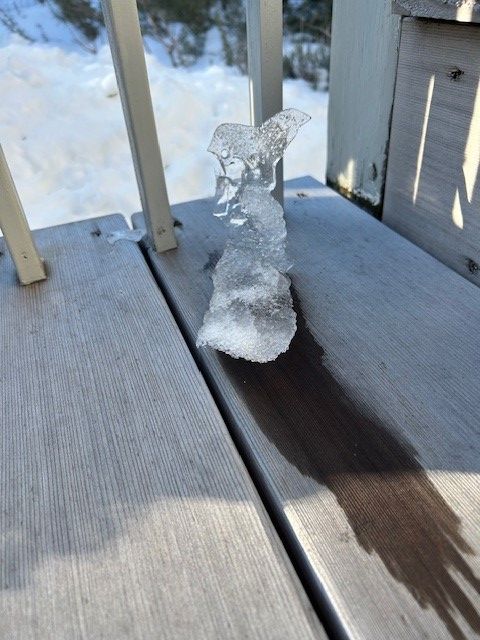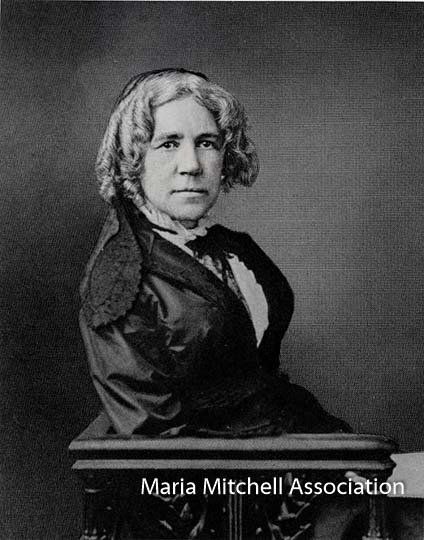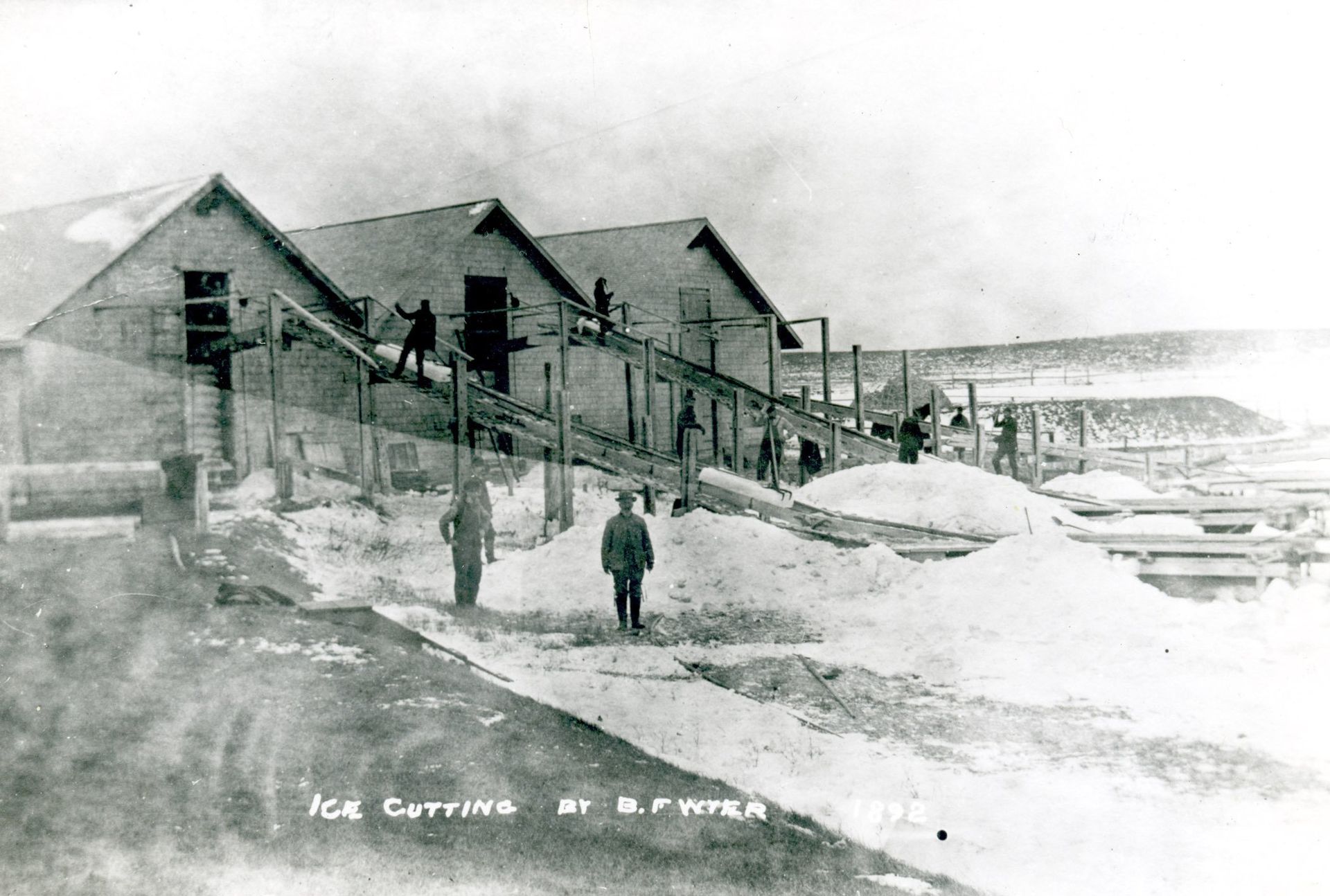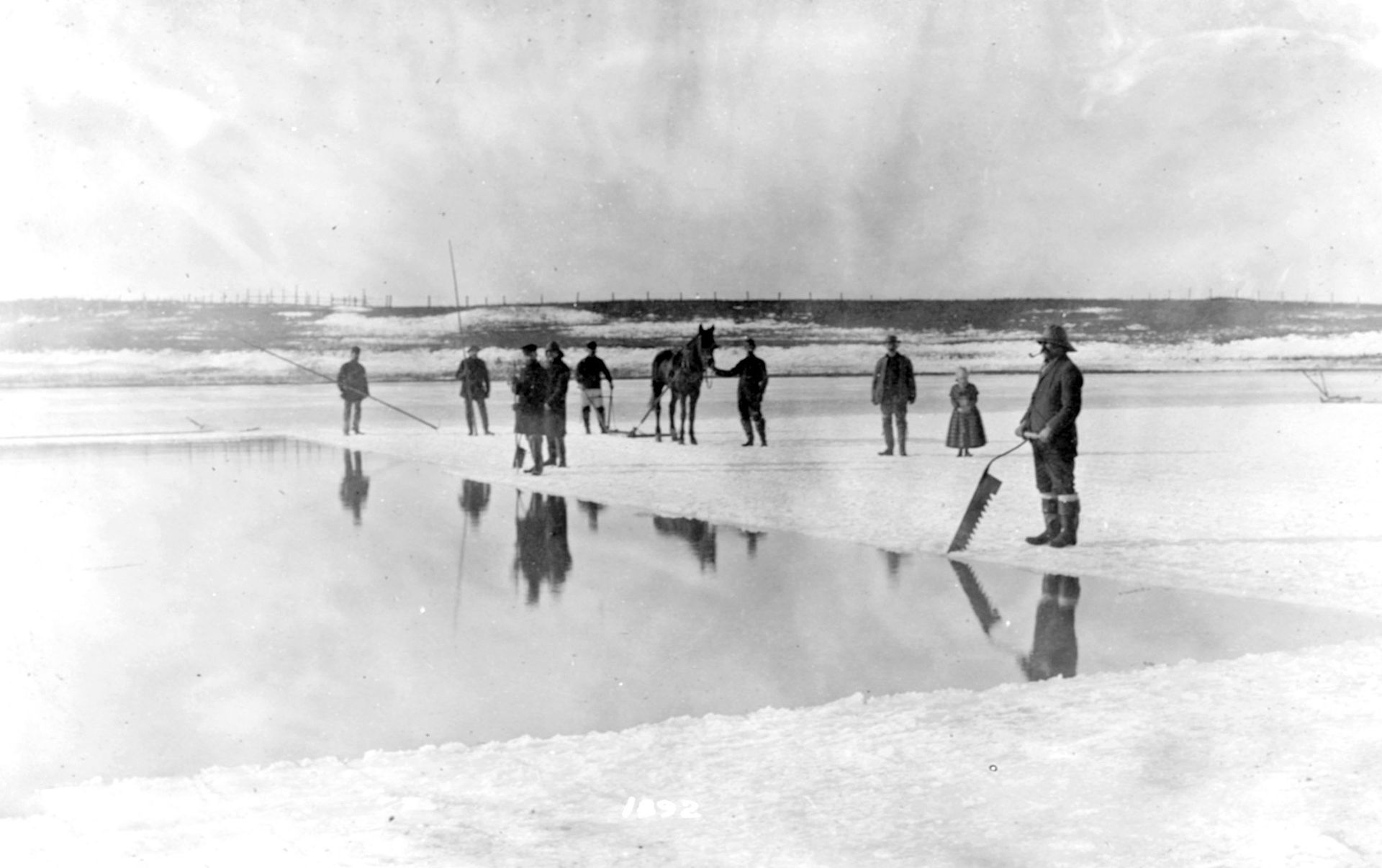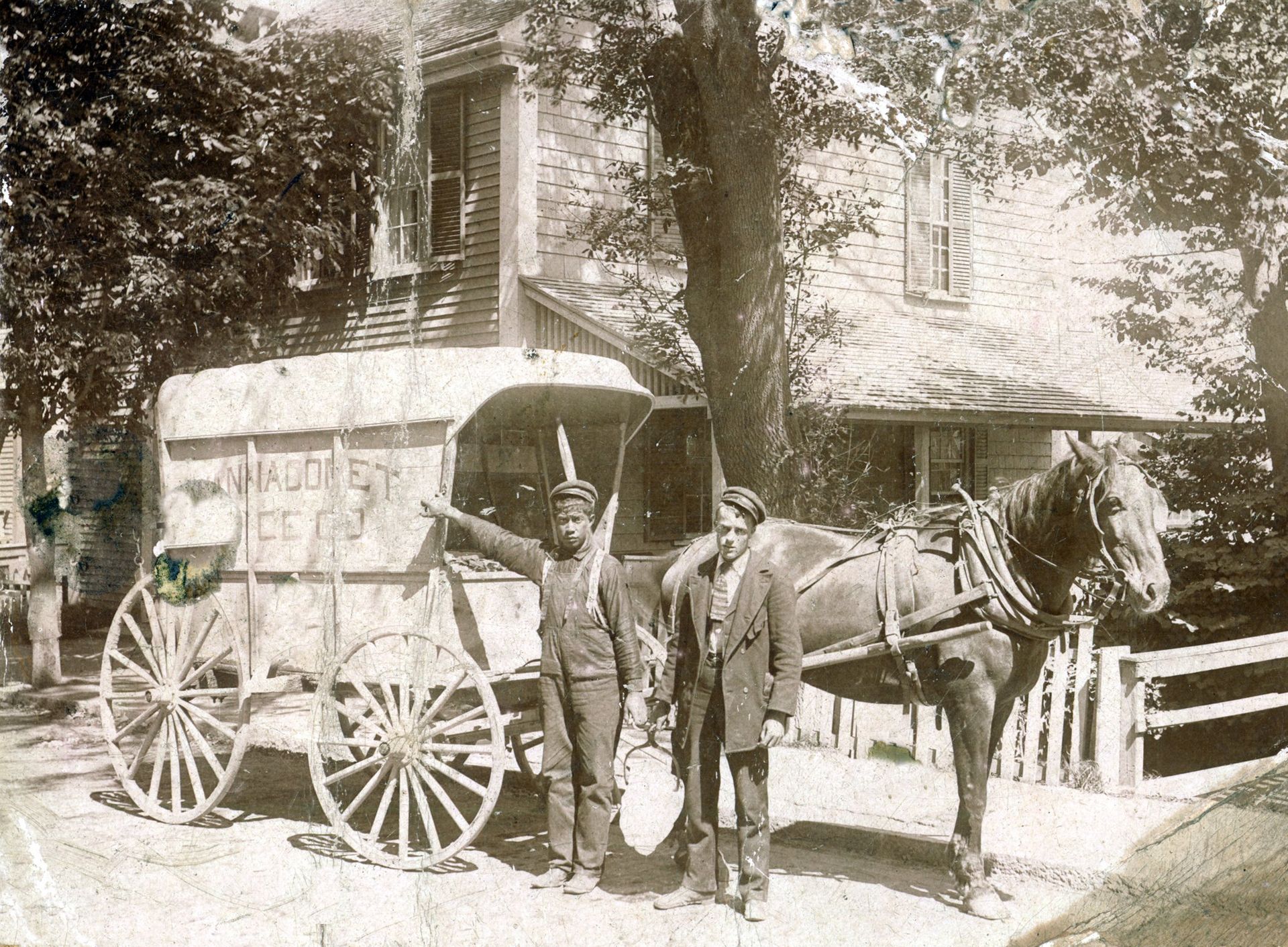The Iceman Cometh
I believe I may have posted this several years ago – I had originally written it for the now gone online Nantucket magazine, Nantucket Chronicle . But given the weather these past weeks, I think it helps to think cool.
The past few weeks have been very un-Nantucket as far as the heat and the extreme humidity. When I was a child and even a teenager, I remember that we always wore long pants and even sweaters in the summer evenings on island. This does not seem to be the norm any longer unfortunately. The heat also leads me to think about staying cool and what generations before us did to preserve food.
Long before modern refrigeration, ice was used for preserving foods. Although the use of ice brought an end to salting and drying fish for local markets, with railroad development and western expansion in the 1850s, salt fish was still being shipped to inland domestic markets as well as abroad. As the fishing industry grew on Nantucket and elsewhere, however, so did the need for ice to keep the catch fresh for market.
On Nantucket, when a hard freeze produced ice of the necessary thickness, blocks were cut from Maxcey’s and Washing Ponds and the North Head of Hummock Pond and stored in nearby icehouses. This was a fairly long and tricky process that took skill to make sure the ice was the right thickness and that one did not fall through the ice. Mainland icehouses typically used sawdust for insulation, but Nantucket ice was insulated with beach grass, seaweed, and eelgrass—sawdust not being readily available here. The iceman would drive his cart around the streets with usually a gaggle of children trailing behind – or hitching a secretive ride on the back of the cart – hoping for a piece of ice to suck on and cool off with – back when something that simple was a pure delicacy.
When electricity was introduced on Nantucket in 1889, cutting pond ice was no longer necessary. Captain John “Jack” Killen built the first ice-making plant, on Straight Wharf, opening it on May 5, 1902. Several other plants, including that of the Island Service Company, followed—all operating until the Great Depression. Nantucket’s early ice-making plants were established primarily for packing fish and shellfish, which were shipped in barrels or fish boxes layered with ice. Fishermen both on and off-island would stock up on ice before going out on long trips, and it is said that island ice was of a much higher quality than that from plants off-island—perhaps because of the purity of Nantucket’s water.
Some people still cut ice. My parents had an elderly friend and his family owns a camp of cottages from the 19 th century up in Vermont. In the winter, the entire family shows up to harvest ice and store it in the icehouse. The ice is then used in each of the cottages during the summer since they have no electricity or plumbing. It is an art that is almost gone but happily there are still a few who have passed down the knowledge and skill for harvesting ice.
All images are form the collection of the Nantucket Historical Association and are island images.
JNLF
Recent Posts
